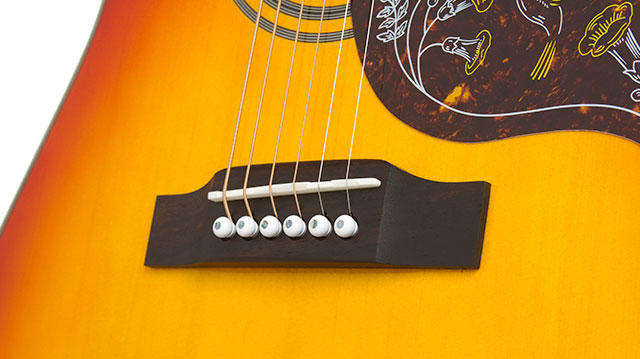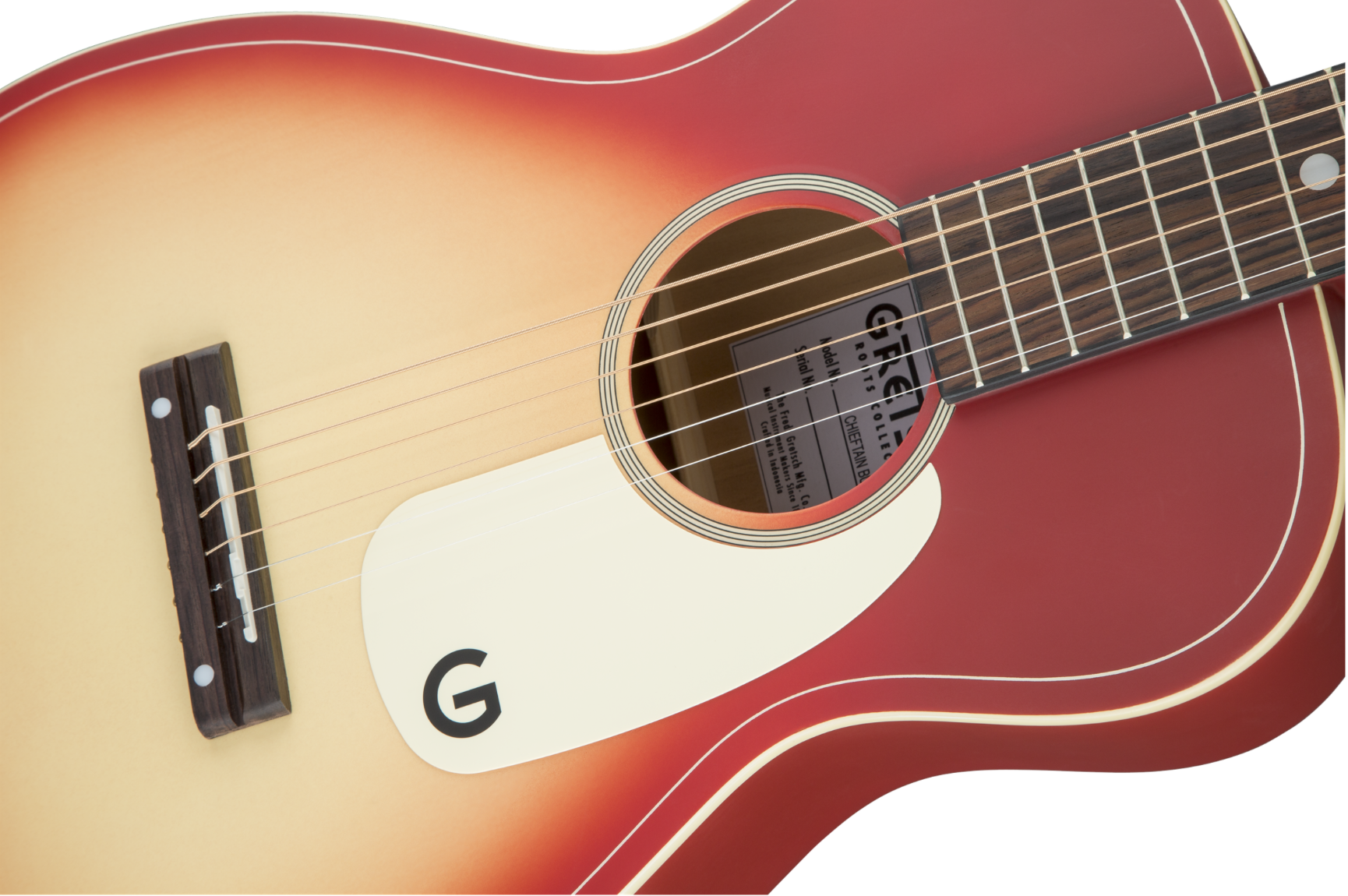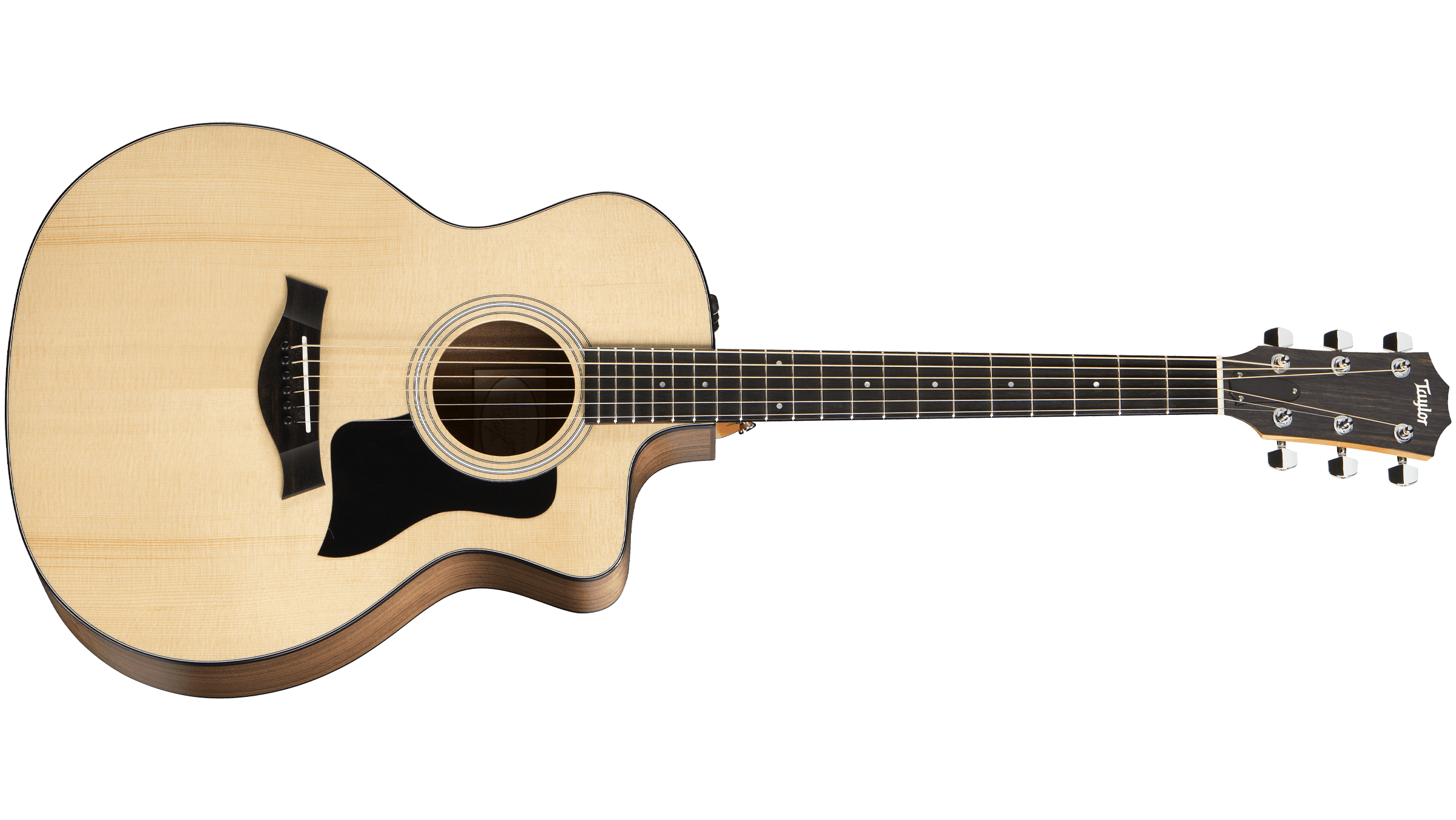- Changing out the strings is a crucial maintenance step with acoustic guitars and electric guitars, as it replaces dirty strings with fresh strings and prevents string breaks.
- A good rule of thumb? You should swap out the strings every three months or after 100 hours of playing.
- Switching up the acoustic strings increases playability and increases the overall lifespan of the instrument for guitar players.
If you are new to the world of playing music, you may wonder how often you should change guitar strings. Many of the best guitars, after all, are acoustics, and these models require regular maintenance steps, such as changing out the strings. So why change the strings of the best acoustic guitars, and how often should you do it? Keep reading to find out.
How Often Do Guitar Strings Need to be Changed?
After learning how many strings a guitar has, you want to learn how often to change these strings. You should change guitar strings every three months or after approximately 100 hours of playtime, even if you have already learned how to store a guitar. So, if you barely play the guitar, you can wait longer than three months, spending that time learning how to ship a guitar.
However, if you play the guitar for hours each day, you will likely have to switch out the strings before three months pass, even if you know how acoustic guitars are made.
Benefits of Changing Guitar Strings
Swapping out your guitar strings is a required maintenance step, but what are the actual benefits of following this process to the letter? There are many.
Better Playability
When strings wear down, they get coarse and harder to play. Some metal strings, like steel strings, can even cause cuts on your fingers as they wear down and rust. Swapping out the strings reverts the guitar back to its “factory settings” regarding playability, so you can form chord configurations and fingerpick with ease. There is a reason, after all, why this is a required maintenance step.
Increased Playing Options
There are many types of strings out there that each impact the sound and playability in different ways. For instance, heavy-gauge strings prioritize the bass response over the treble, while steel strings sound completely different than, say, nylon strings. Additionally, there are specialized string packs to create unique effects, such as Nashville tuning and the like. The world is your oyster here.
Learn Tuning
Nothing cements the tuning process in your brain more than swapping out the strings a couple of times. Remember, not only do the new strings need to be placed correctly, but they also have to be tuned. Repetition is the best form of practice, so give it your all.
Change Guitar Strings FAQs
How do you help strings last longer?
Use a decent string cleaner every once in a while, and wash your hands every time before playing the instrument. This will prevent obvious signs of wear as the strings age, including electric strings, acoustic strings, bass strings, and nickel strings.
Do your strings need replacement?
If the coated strings start to sound bad or experience tuning issues, you likely need to replace them. For the average player, look for when the guitar becomes more difficult to play.
How corroded do strings get?
Given time, fresh strings will corrode, no matter the type of string you are using and the string gauge. This is true of acoustic strings and electric guitar strings. To ensure a bright sound and decent string tension, replace the strings regularly.
STAT
“In 2018, there were over 2.5 million guitars sold in the United States alone.” (source)
TIP: Wash your hands before playing the guitar to make the strings last a little bit longer.
Sources:
https://hubguitar.com/articles/how-often-to-change-guitar-strings
https://www.sweetwater.com/sweetcare/articles/how-long-do-guitar-strings-last/
https://blog.taylorguitars.com/how-often-should-you-change-guitar-strings
https://www.daddario.com/the-lesson-room/guitar/acoustic-guitar/care/when-to-change-your-strings/




























